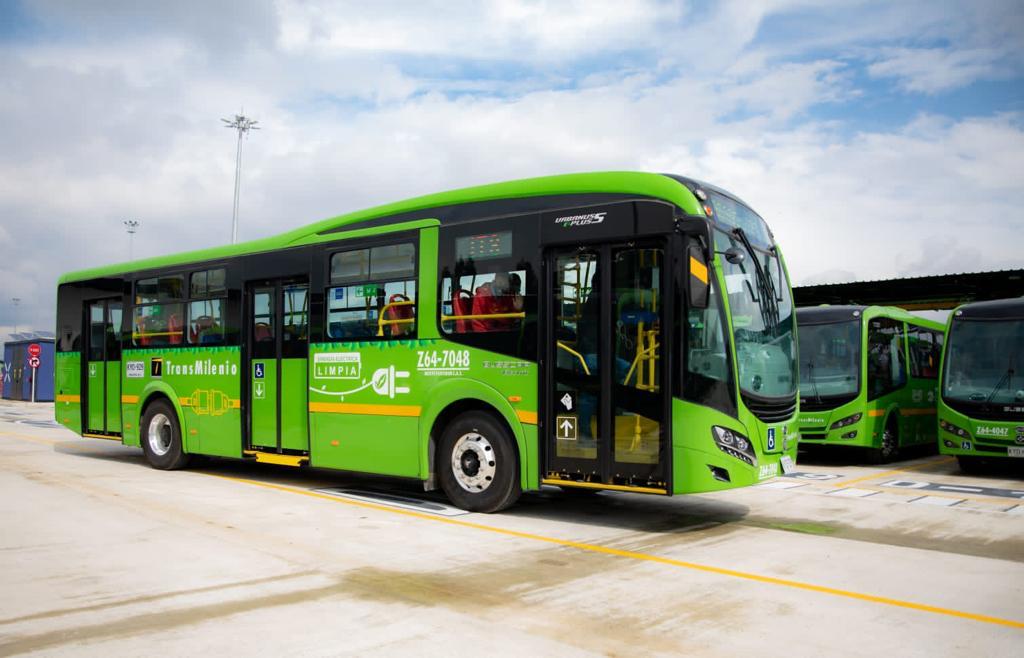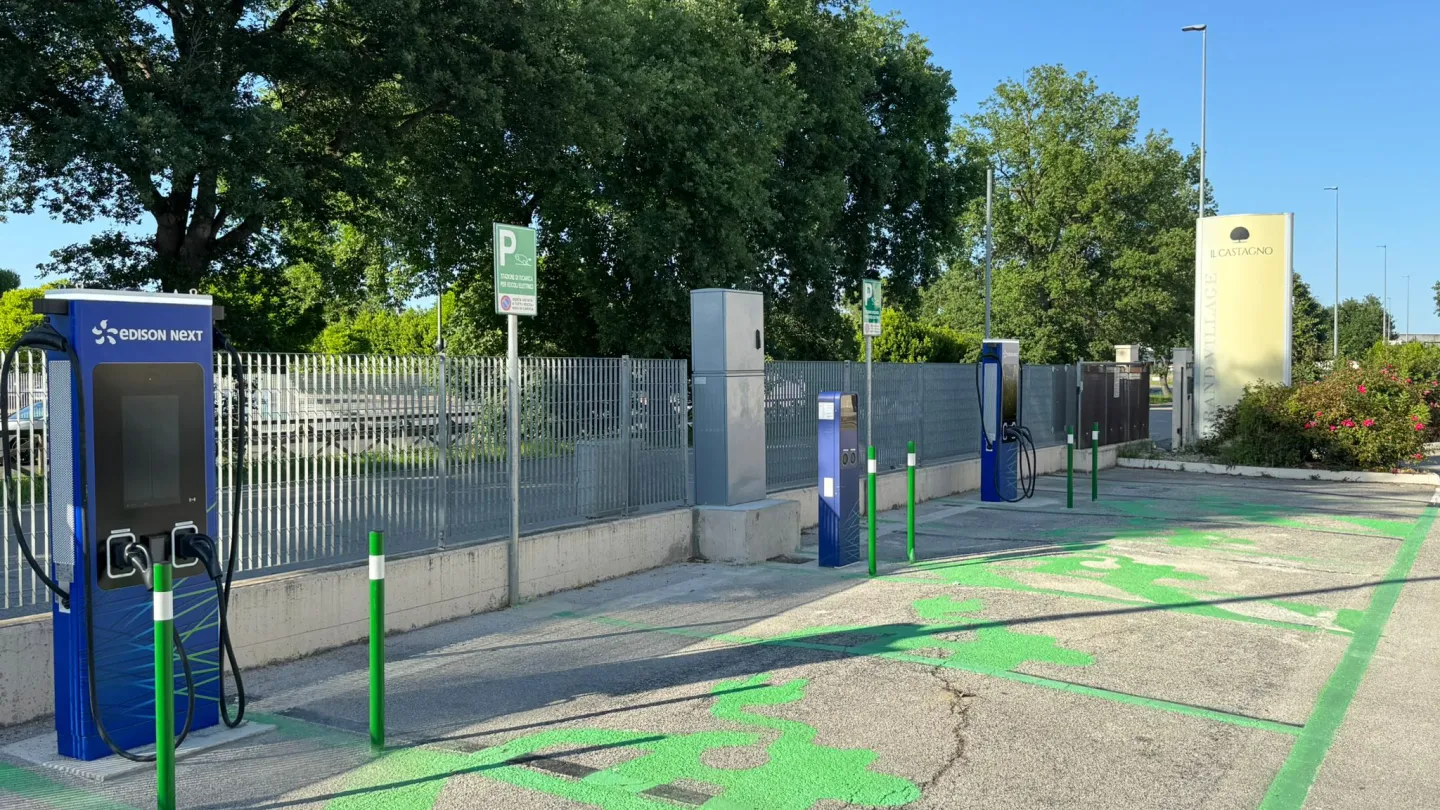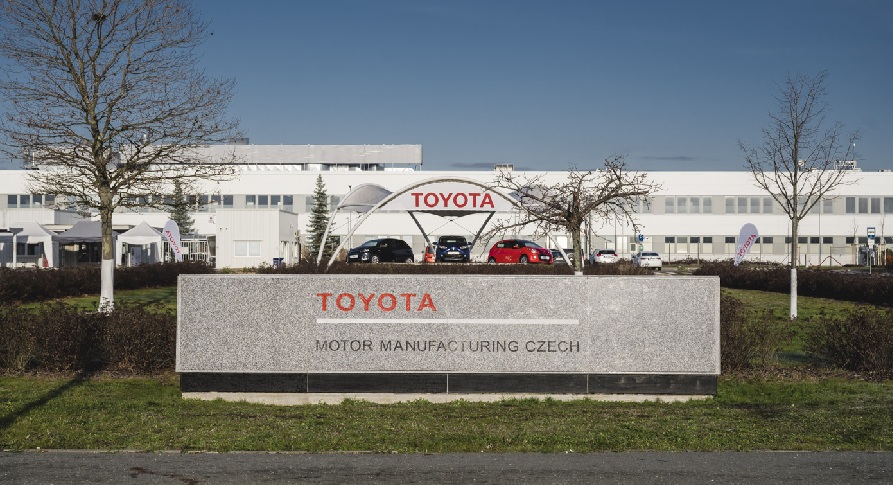The TransMilenio process to modernise its fleet with electric buses, under the initiative known as “La Nueva Era” – Phase VI, is now facing a fresh hurdle.
Despite the official timeline setting 27 March 2025 as the date for publication of the final terms and conditions, they are still not available on SECOP II, Colombia’s public procurement platform—raising concerns about delays in the process.
When approached by Mobility Portal Latin America, the TransMilenio S.A. team confirmed they would review the status of the final documents. However, they have not yet issued an official statement regarding a possible rescheduling of the procurement timeline.
The situation stems from contradictory statements between the Mayor of Bogotá, Carlos Fernando Galán, and the Minister of Transport, María Fernanda Rojas, who argued that the city administration had not fulfilled the prerequisites for the National Government to proceed with co-financing.
Since 15 November, the city was reportedly informed of several conditions, including the requirement for TransMilenio’s Board of Directors to align with corporate governance standards—a step that has yet to be completed.
Additional requirements were also raised concerning the technical, legal, and financial feasibility of the project, which, according to Minister Rojas, have not yet been addressed.
Under these circumstances, TransMilenio remains on hold, awaiting concrete progress that would allow the co-financing process to move forward.
Original schedule under threat
The procurement process for this phase of Bogotá’s mass transport system was launched on 8 November 2024, when the draft terms were published on SECOP II.
Citizens and prospective bidders had until 20 January 2025 to submit feedback, which was officially addressed on 27 March—the same day the final tender documents and opening resolution were meant to be released.
However, a thorough search of the public procurement portal shows that the expected documents are still missing, and TransMilenio S.A. has not yet issued any public communication.
As a result, the Risk and Tender Clarification Hearing, scheduled for 2 April, may also proceed without publicly available reference documents.
Strategic investment on hold
Phase VI of the transport system involves a major investment aimed at introducing electric buses on trunk corridors, with the goal of reducing emissions, modernising the fleet, and enhancing the service for millions of users.
According to TransMilenio, this tender process seeks to add over 1,000 zero-emission buses to the network.
The lack of published documents has created uncertainty among potential bidders and suppliers, many of whom had already begun technical and commercial preparations to participate in the tender.
While the National Government has not ruled out its willingness to support the co-financing, it insists that the Mayor’s Office must comply with the technical and administrative requirements established by the Ministry of Transport, the Ministry of Finance, and the Sustainable Urban Mobility Unit (UMUS).
In addition, Article 172 of the National Development Plan formally authorises the executive branch to co-finance such initiatives. This legal framework supports Mayor Galán’s request and promotes the adoption of clean technologies in Colombia’s public transport systems, in line with the country’s energy transition commitments.
Will the entire electric bus process be rescheduled?
While there is no official confirmation, sector sources suggest that the submission of offers, initially planned for May, could also face delays—potentially affecting the timeline for awarding contracts and the operational rollout of the new electric buses.
“Our plan, as you know, is for those buses to be electric, 100% electric,” Mayor Galán had previously declared in a video message to President Gustavo Petro, reaffirming Bogotá’s readiness and highlighting that only national support is missing.
READ MORE
-
Italy welcomes ABB’s new 50 kW charger: First C50 units installed at Il Castagno outlet
The installation, completed in early June, is part of ABB E-mobility’s Early Adopter Program (EAP), a global initiative aimed at gathering real-world insights to refine new products in their intended environments.
-
Czech Republic in focus: Toyota to build its first electric vehicles in Europe
Toyota is expected to begin production at its new megacentre in the Czech Republic from 2028. Once fully operational, the facility is projected to produce around 100,000 EVs per year.
-
Be.EV installs 16 ultra-rapid chargers at Gallagher Retail Park
The site offers 150 kilowatts charging facilities within a 50,000 sq ft retail park that features major brands such as Decathlon, Costa and B&M.










